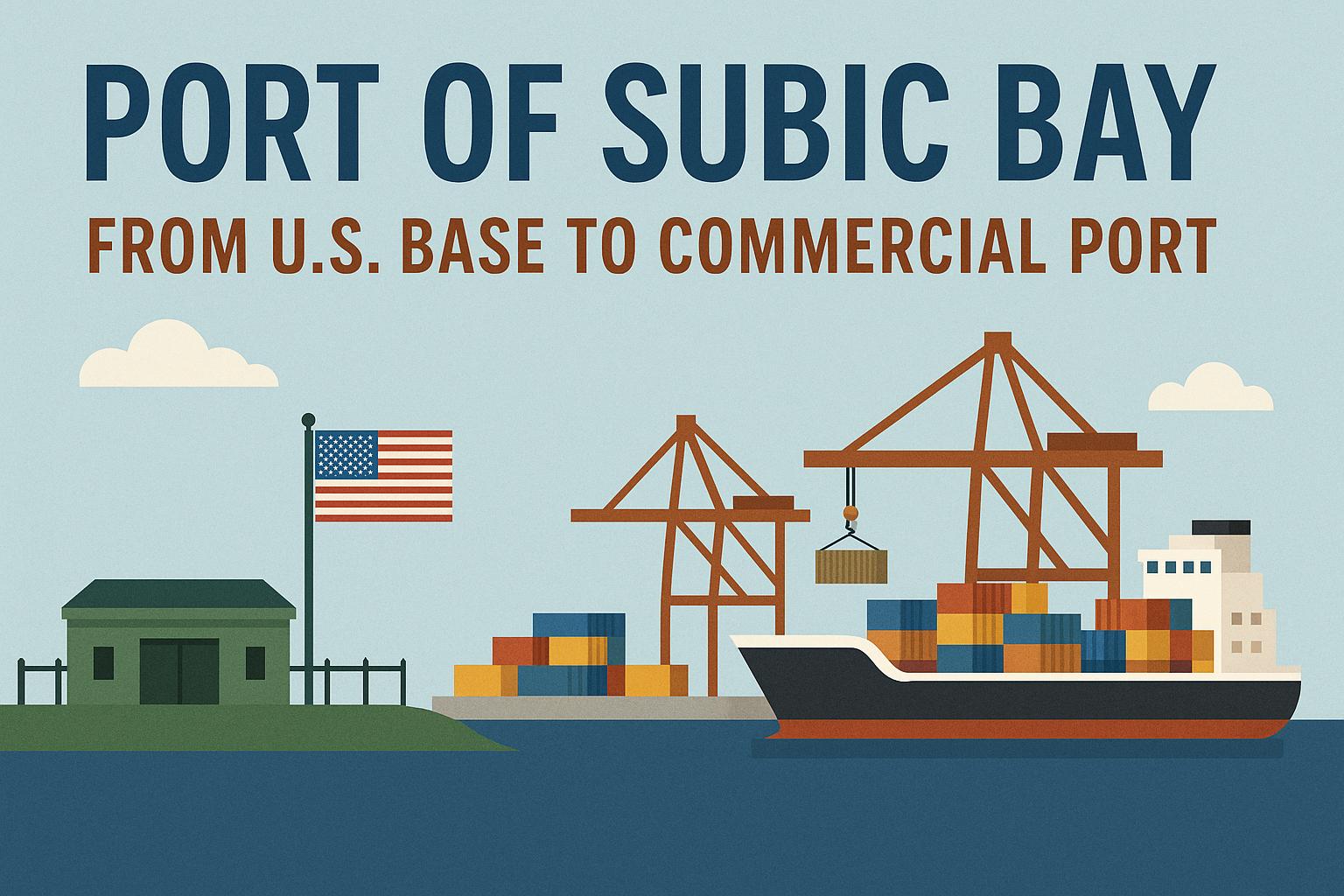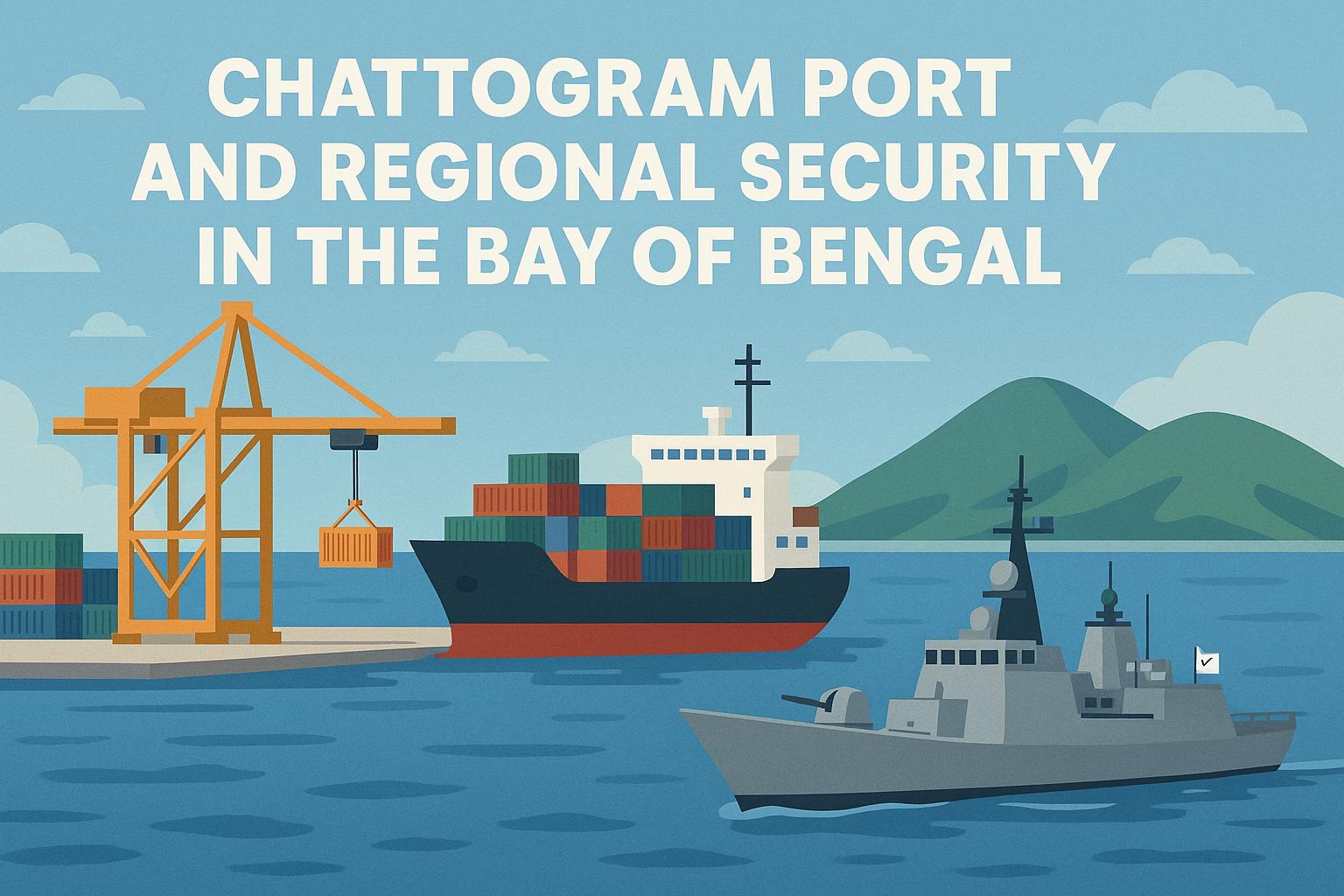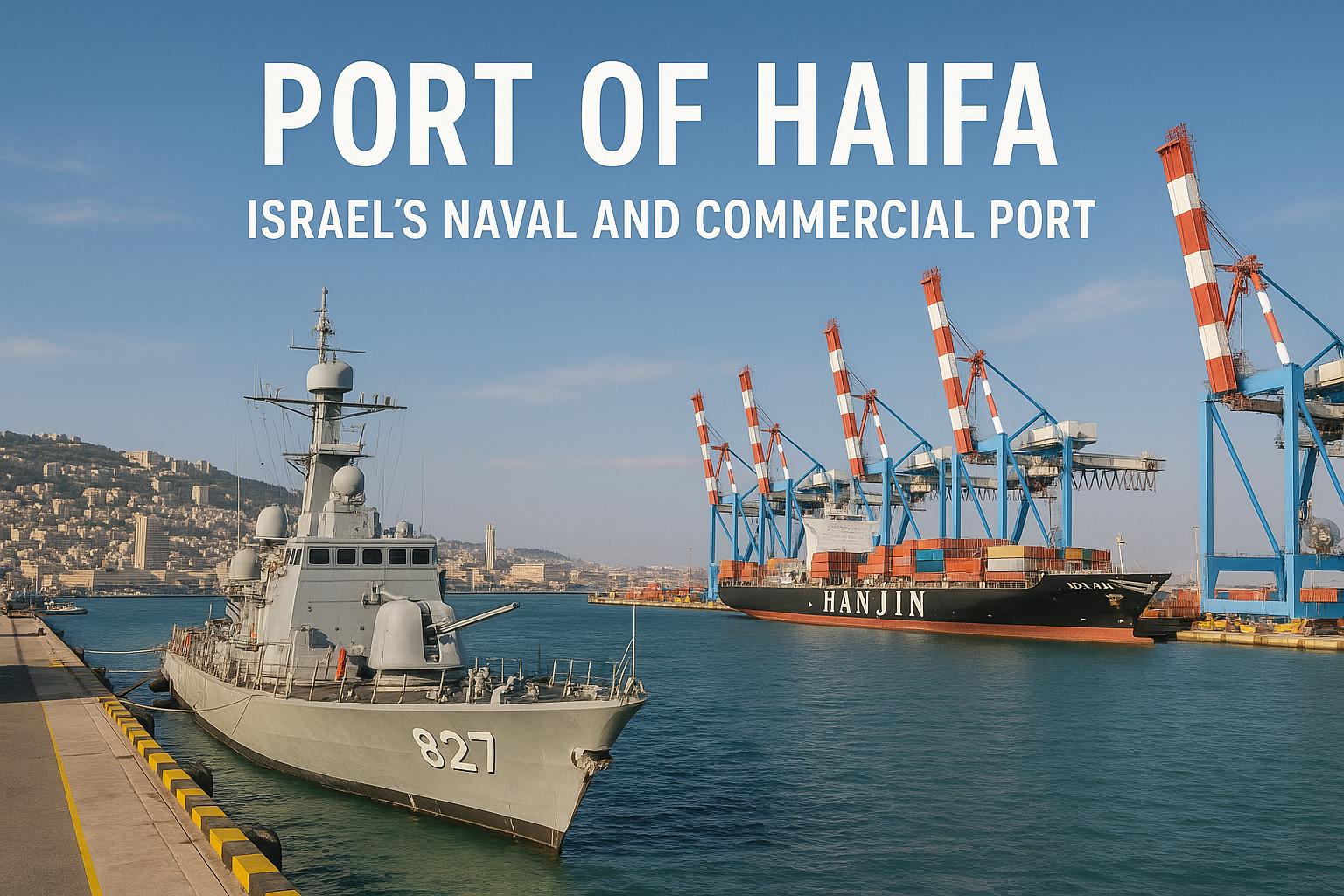The Strategic Importance of the Port of Brest
The Port of Brest, located in the Brittany region of France, holds significant strategic value due to its geographical position and infrastructure. As one of Europe’s key maritime gateways, it plays a vital role in both commercial and military operations. This article examines the various factors that contribute to the port’s importance, including its geographical advantages, infrastructure, role in national defense, historical context, and future significance.
Geographical Advantage
Geographically, the Port of Brest’s location along the Atlantic Ocean provides it with numerous strategic advantages. The port offers an ideal location for naval operations due to its accessibility to important sea lanes and its favorable position for monitoring maritime activity.
Proximity to Major Naval Routes
The strategic positioning of Brest offers proximity to vital maritime pathways. It is near the English Channel, one of the globe’s most frequented shipping lanes. This proximity enables efficient oversight of maritime traffic and ensures rapid deployment capabilities for naval forces. The English Channel acts as a critical corridor for vessels transitioning between the North Sea and the Atlantic Ocean. Such proximity to strategic routes enhances the port’s value in both commercial and military maritime operations.
Natural Shelters and Access
The Port of Brest benefits from natural shelters provided by the surrounding geography. These shelters enable the port to function as a safe harbor for vessels during adverse weather conditions. Accessible year-round, the port supports various operations without significant interruptions. This geographical benefit further elevates its strategic importance in military and commercial contexts.
Port Infrastructure
Efficient port infrastructure is essential for supporting maritime operations, and the Port of Brest has continually developed its facilities to meet modern requirements. Its infrastructure plays a pivotal role in its strategic function.
Naval Base and Facilities
As home to a substantial naval base, Brest constitutes a cornerstone of French naval strategy. The naval base is equipped with advanced repair and maintenance facilities to ensure the readiness of military vessels, including submarines and aircraft carriers. The facilities support logistical operations, thereby enhancing the efficiency of France’s military presence. State-of-the-art docking and maintenance capabilities underscore the port’s ability to support naval forces promptly and effectively.
Commercial Capabilities
In addition to military significance, the Port of Brest serves commercial interests. It handles a substantial volume of cargo, contributing to the regional and national economy. The port’s infrastructure accommodates commercial shipping, allowing for the handling of diverse goods and materials. Its multifunctionality as both a military and commercial port amplifies its overall strategic value to France.
Role in National Defense
The military significance of Brest is underscored by its strategic role in national defense. Its facilities and geographical position enable it to serve as a critical asset in defense strategy.
Training and Preparedness
The area surrounding the Port of Brest serves as a training zone for naval exercises and missions. Regular drills are conducted to ensure high levels of readiness among naval forces stationed there. Such exercises are crucial in preparing personnel to respond effectively to maritime challenges. Continuous training maintains the efficiency and preparedness of troops, ensuring they are capable of addressing various threats.
Integrated Security Operations
Integrated security operations are a hallmark of the Port of Brest’s defense strategy. Collaboration with other branches of the armed forces and allied nations exemplifies cooperative defense approaches. These joint efforts create a fortified defense posture against potential threats in the region. Through these partnerships, the port acts as a center for coordinated security operations, optimizing resource usage and increasing defense capabilities.
Historical Context
Brest’s historical roles during major conflicts have further cemented its importance. The port’s strategic utility has been vital in various historical contexts.
World War Contributions
During both World Wars, the Port of Brest proved indispensable for the deployment of Allied forces. It served as a critical hub for locomotive and naval support operations. The port’s facilities sustained large-scale military activities, demonstrating its invaluable logistics capabilities. The robust infrastructure and strategic location enabled Brest to provide essential support to Allied efforts, further solidifying its role in global military history.
Conclusion
In conclusion, the Port of Brest remains a vital component of France’s military and commercial infrastructure. Its geographical benefits, advanced facilities, and historical importance continue to underscore its ongoing relevance to contemporary naval strategy. As global maritime dynamics evolve, the Port of Brest’s strategic significance is likely to persist, underpinning France’s defense capabilities and its critical role in international security operations. The continuing development of its infrastructure and its adaptive strategy ensure that Brest will maintain its status as an essential maritime gateway.




